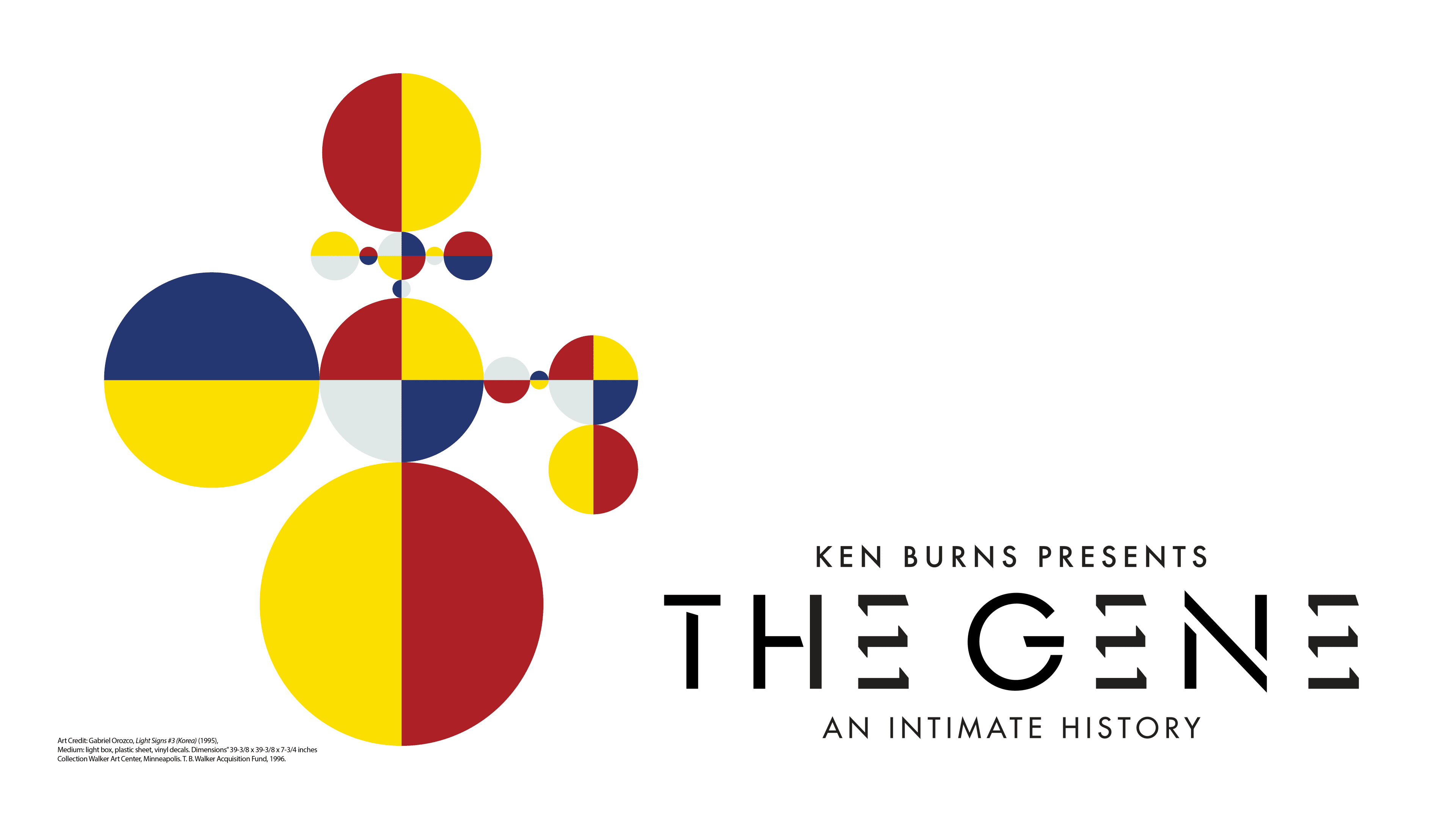The Gene: An Intimate History weaves together science, history and personal stories for a historical biography of the human genome, while also exploring breakthroughs for diagnosis and treatment of genetic diseases — and the complex ethical questions they raise.
Educator Resources
The Gene PBS LearningMedia Collection: This four-hour documentary weaves together science, history, and personal stories to create a historical biography of the human genome. It tells the story of the rapid evolution of genetic science from Gregor Mendel’s groundbreaking experiment in the 19th century to CRISPR, and the hope that newfound powers to alter DNA with pinpoint precision will transform the treatment of some of the world’s most complex and challenging diseases. The series also tackles the daunting ethical challenges that these technologies pose for humankind.
- The collection focuses on: Treatments & Access, At-Home Genetic Testing, and the History of Eugenics.
The Gene Explained Animated Series (for grades 6-12th): Everybody is talking about genes. Your body is filled with them. You look the way you do because of them. But do you really know what a gene is? This animated series won’t get you a PhD, but it does clear up a few mysteries about how genes work, how they make us, if we can change them and what they might look like in the future. (Microscope not required.)
The Gene Connected PBS LearningMedia Resources: WXXI Education team curated a list of additional resources available from within PBS LearningMedia NY. This list contains lesson plans, videos, interactives and more, from public media partners such as NOVA. These educational materials are geared towards middle and high school and support topics such as: DNA, genetic testing, genomics, eugenics, ethics, and more.
Watch the Full Program: Episode 1 and 2 of the full “The Gene” series on PBS LearningMedia. Full series length: ~ 4 hours
- Watch The Gene in Full
- Episode 1 Description: The story of a young family searching for a cure for their four-year-old daughter’s rare genetic disease, with stories of the discoveries of the pioneers in genetics. It also tracks the dark period in human history when a little genetic knowledge was used to justify terrible human experiments. (Running time: 1:54:09)
- Episode 2 Description: The story of the signature scientific achievement of our time: the mapping of the human genome. As scientists learn to read the genetic code, they grapple with the dangers of increasingly sophisticated and easily available methods of intervening in the very essence of what makes us human, our DNA. (Running time: 1:54:10)
- Episode 1 Description: The story of a young family searching for a cure for their four-year-old daughter’s rare genetic disease, with stories of the discoveries of the pioneers in genetics. It also tracks the dark period in human history when a little genetic knowledge was used to justify terrible human experiments. (Running time: 1:54:09)
The Book & Connected Book Lists
- Connected Children’s Book List from PBS Books: Genetics and DNA make us who we are. As our world and community is gripped by a fearsome pandemic, we are all increasingly aware of the power of genes and the importance of genetic research. PBS Books compiled a list of books to read with your children to better understand the history of genes and DNA.
- The Gene: An Intimate History by Siddhartha Mukherje
Dr. Siddhartha Mukherjee braids science, history, and memoir into an epic. In this biography Mukherjee brings to life the quest to understand human heredity and its surprising influence on our lives, personalities, identities, fates, and choices. - The Code Breaker: Jennifer Doudna, Gene Editing, and the Future of the Human Race By Walter Isaacson
After helping to discover CRISPR, Doudna became a leader in wrestling with these moral issues and, with her collaborator Emmanuelle Charpentier, won the Nobel Prize in 2020. Her story is a thrilling detective tale that involves the most profound wonders of nature, from the origins of life to the future of our species. - Life’s Greatest Secret: The Race to Crack the Genetic Code By Matt Cobb
From New York to Paris, Cambridge, Massachusetts, to Cambridge, England, and London to Moscow, the greatest discovery of twentieth-century biology was truly a global feat. Biologist and historian of science Matthew Cobb gives the full and rich account of the cooperation and competition between the eccentric characters — mathematicians, physicists, information theorists, and biologists — who contributed to this revolutionary new science.

